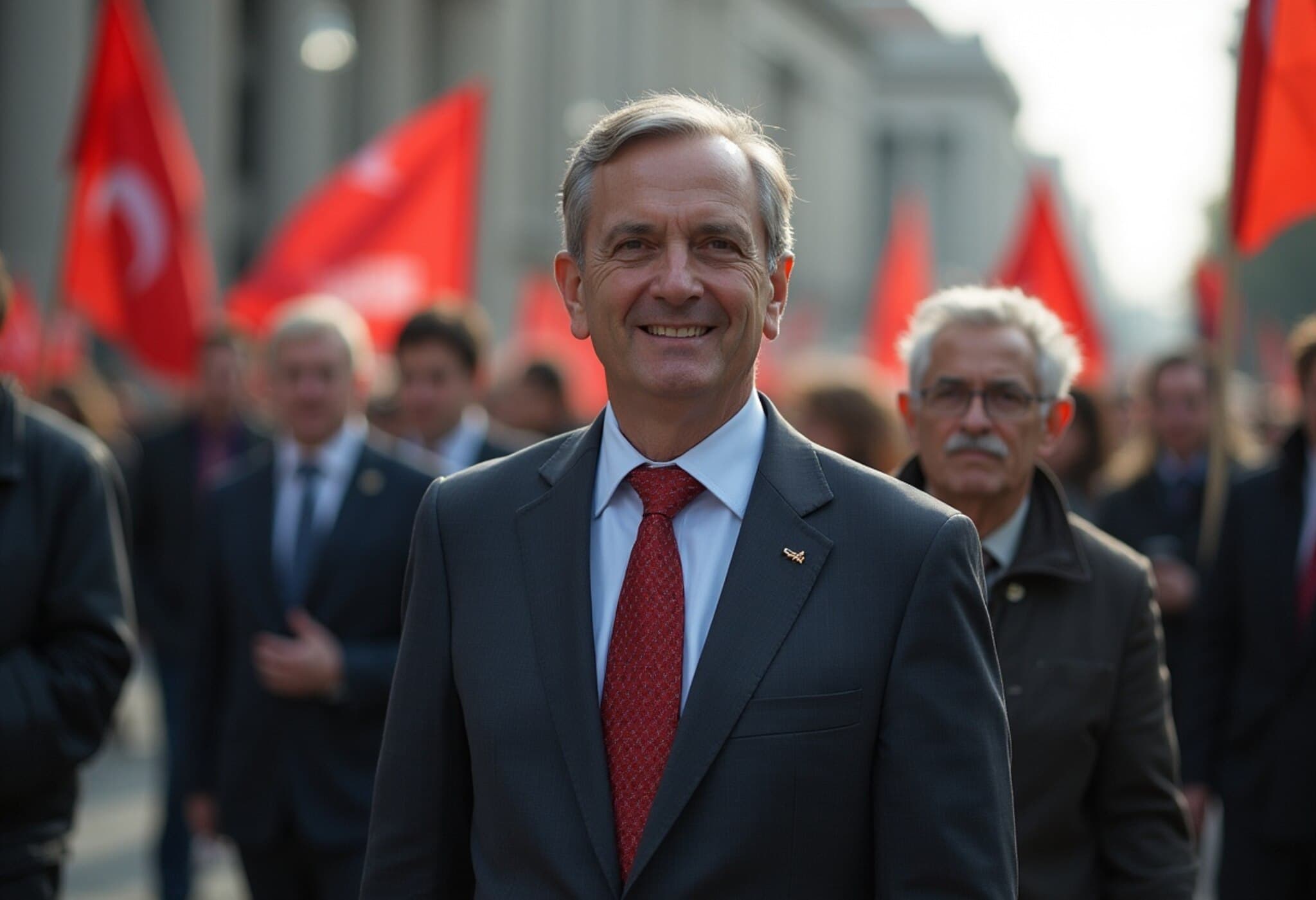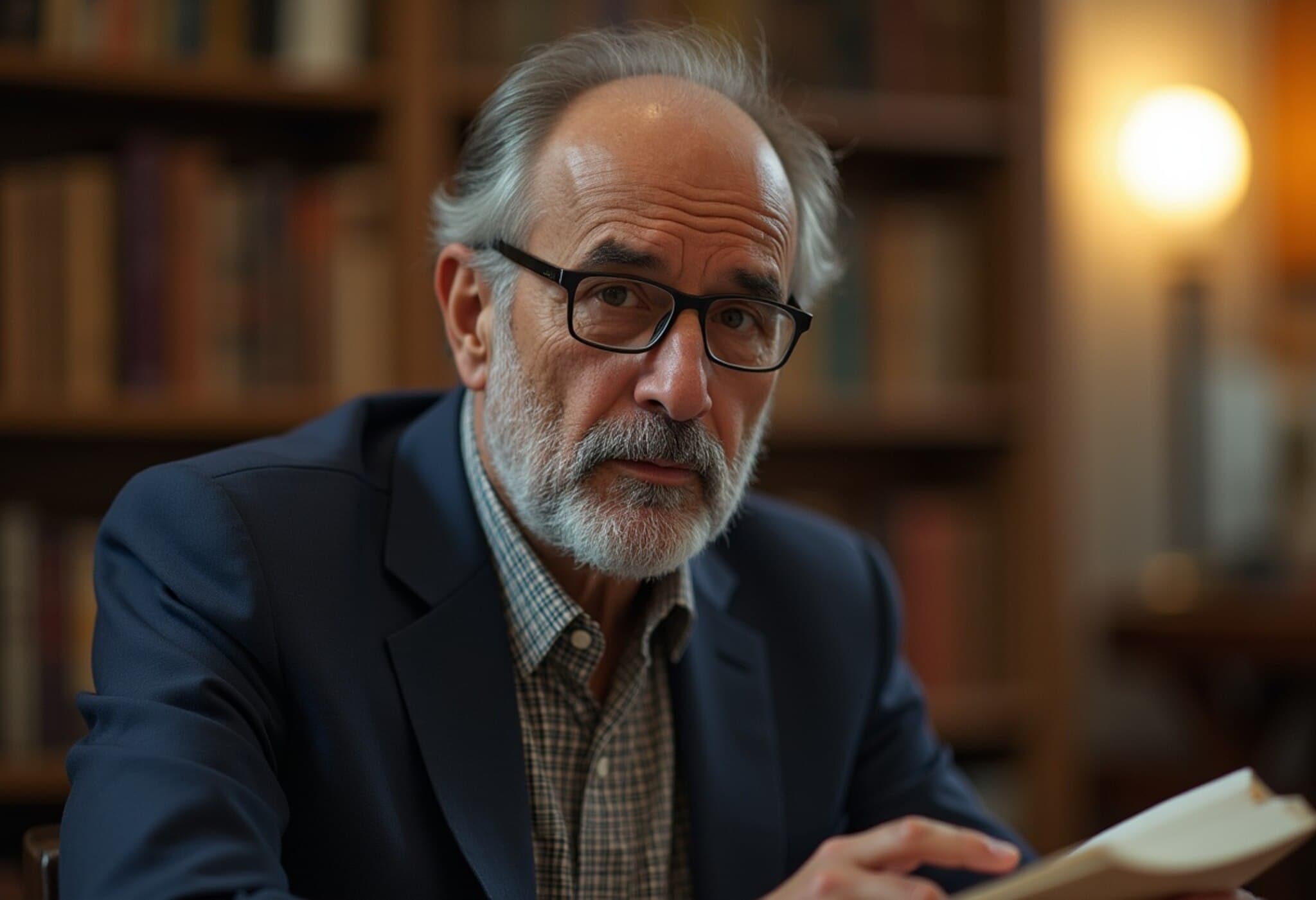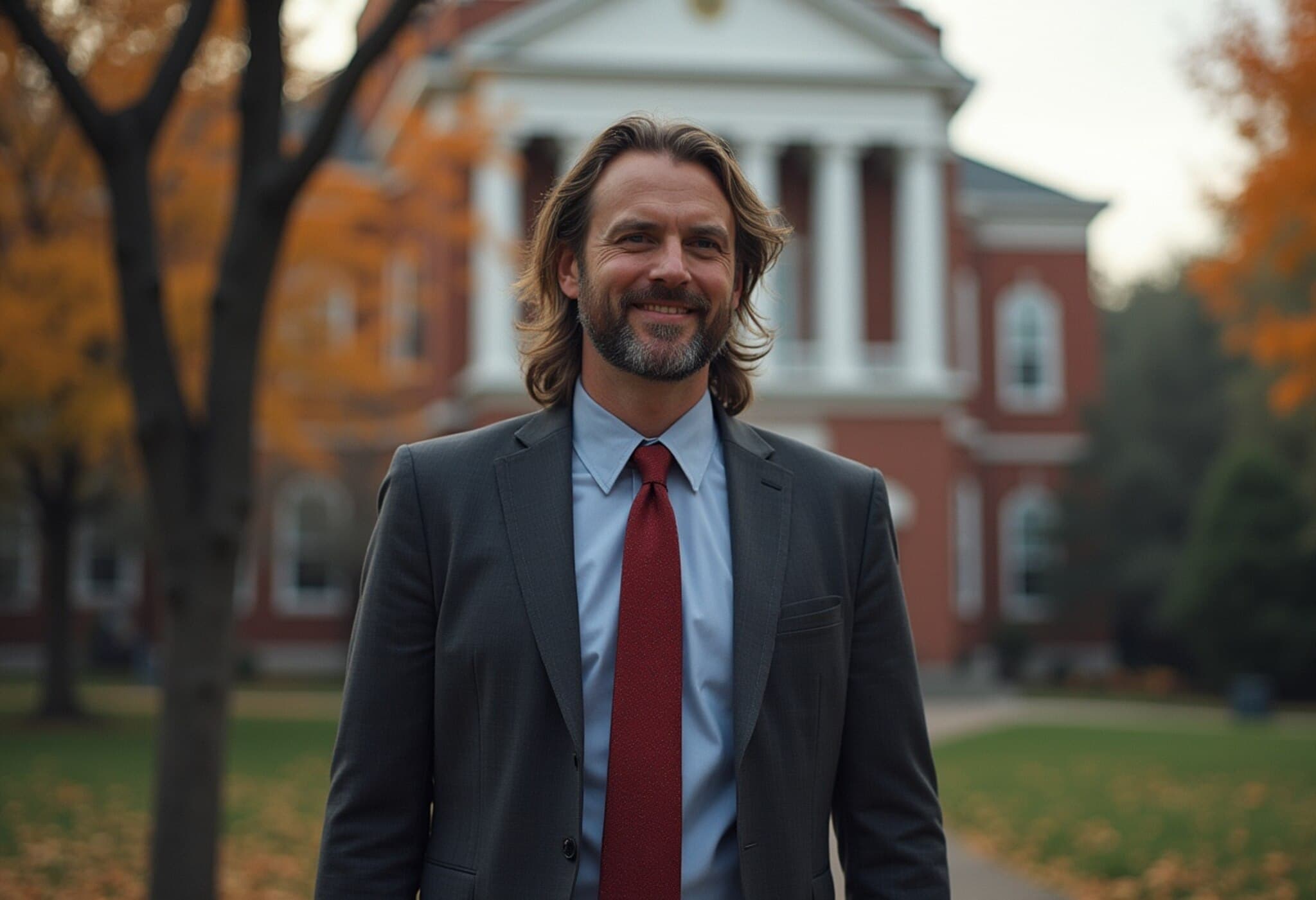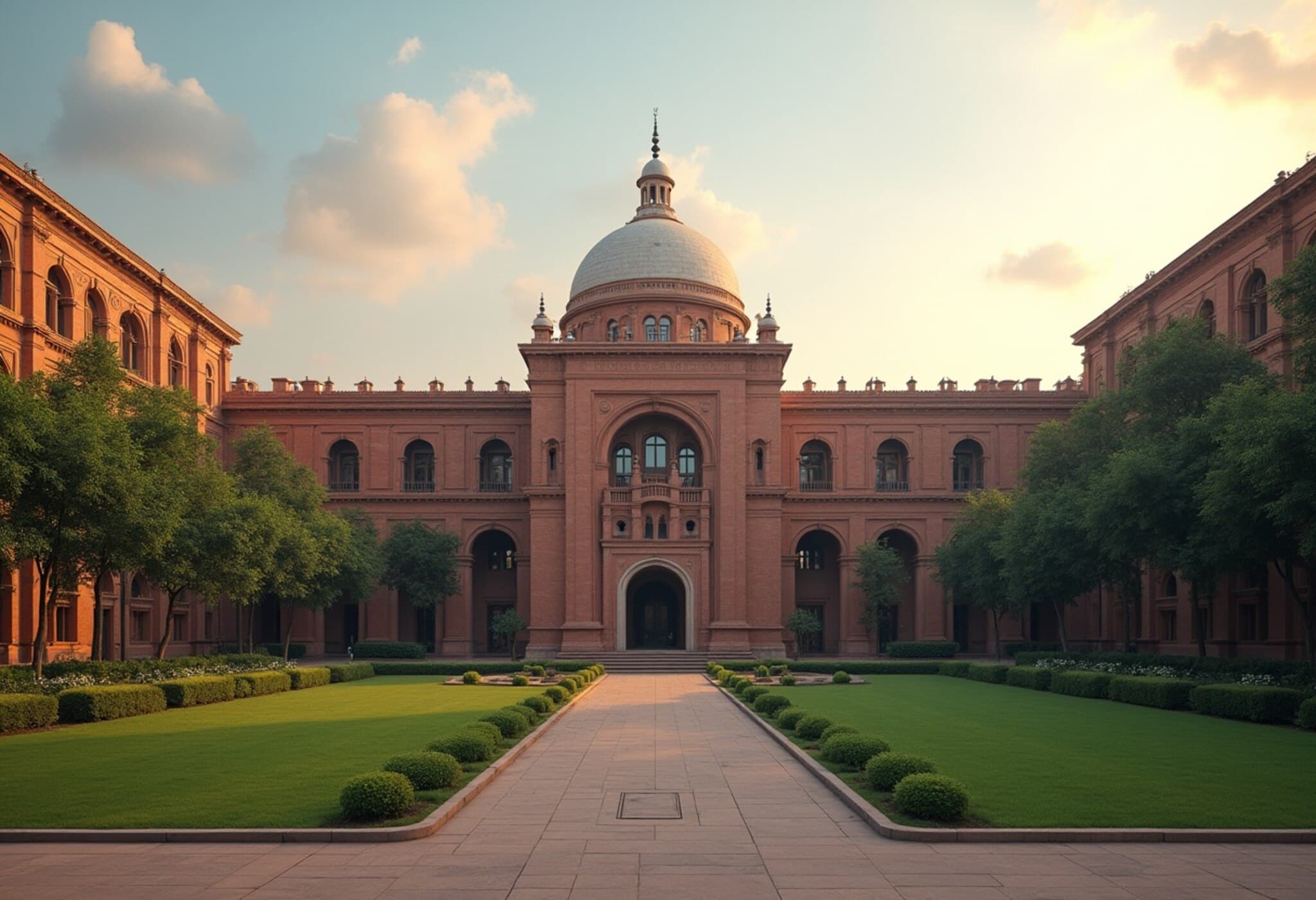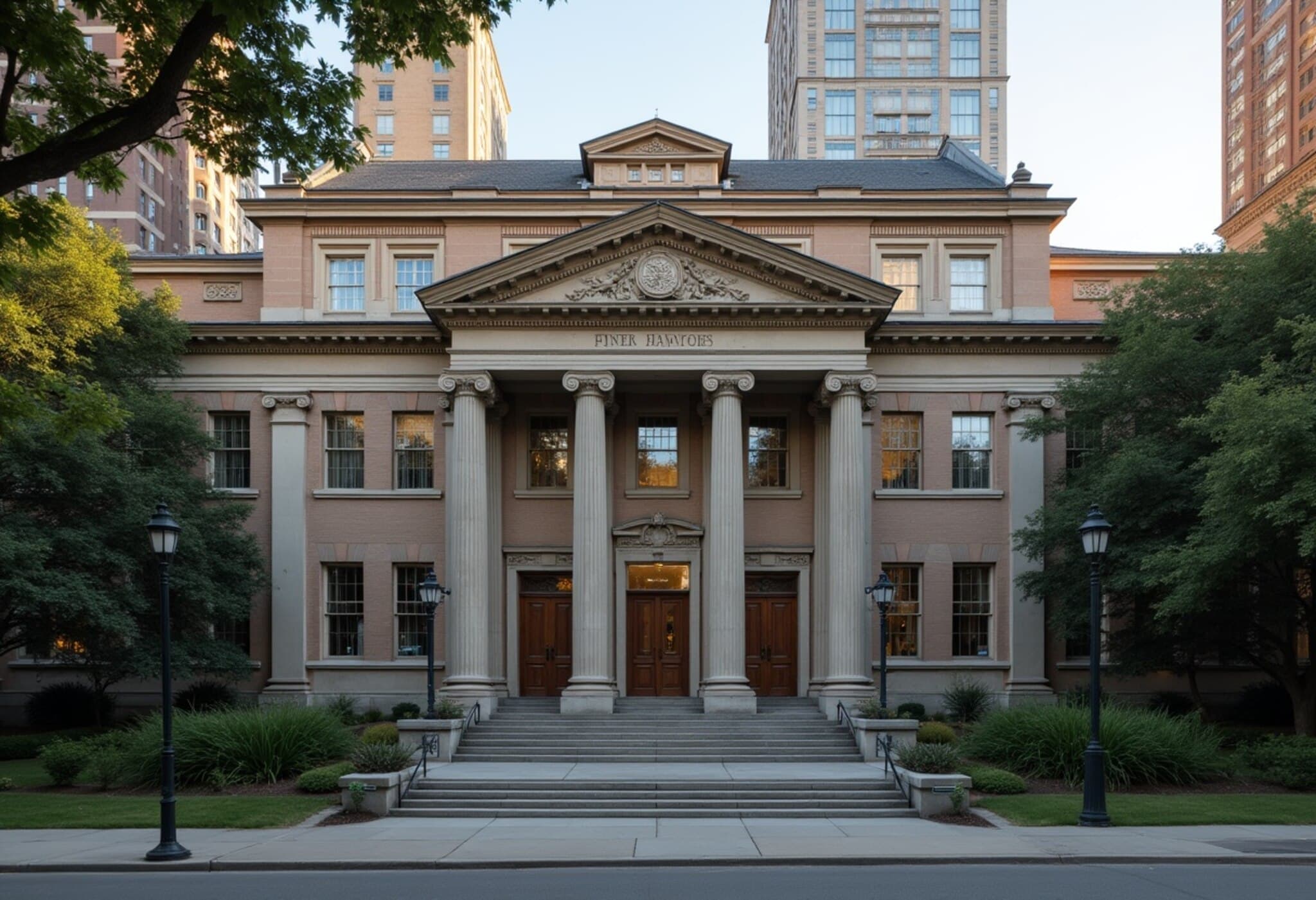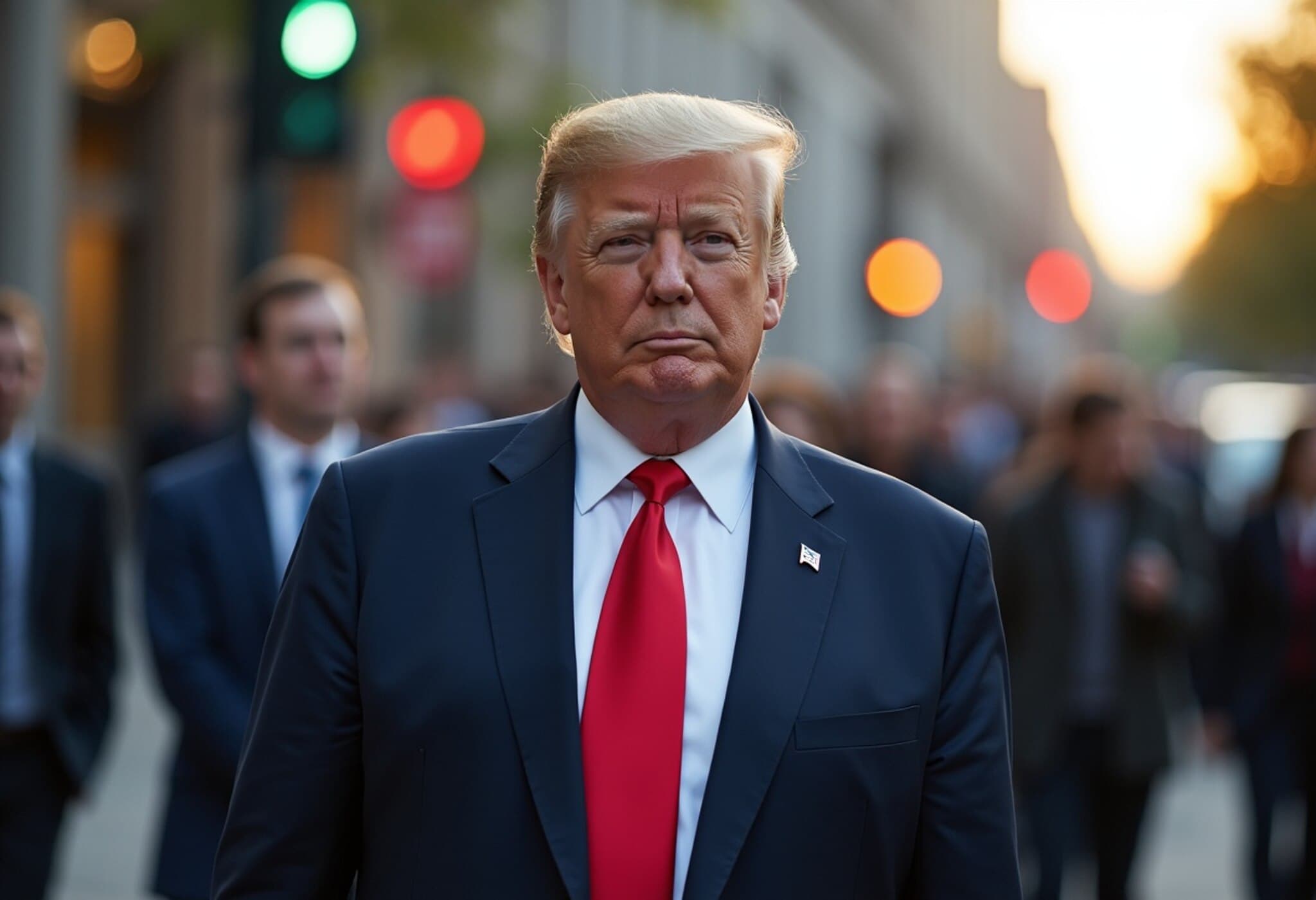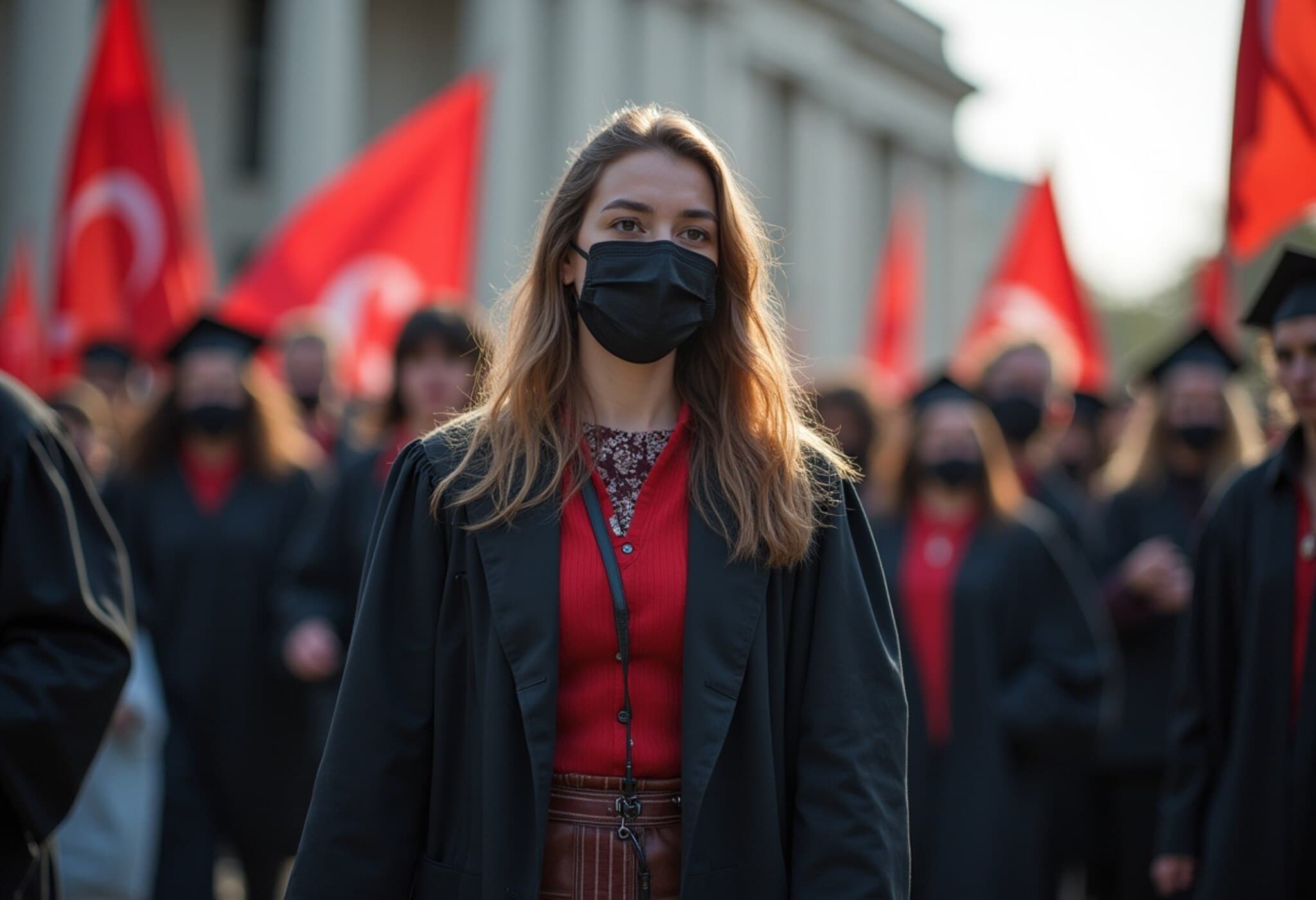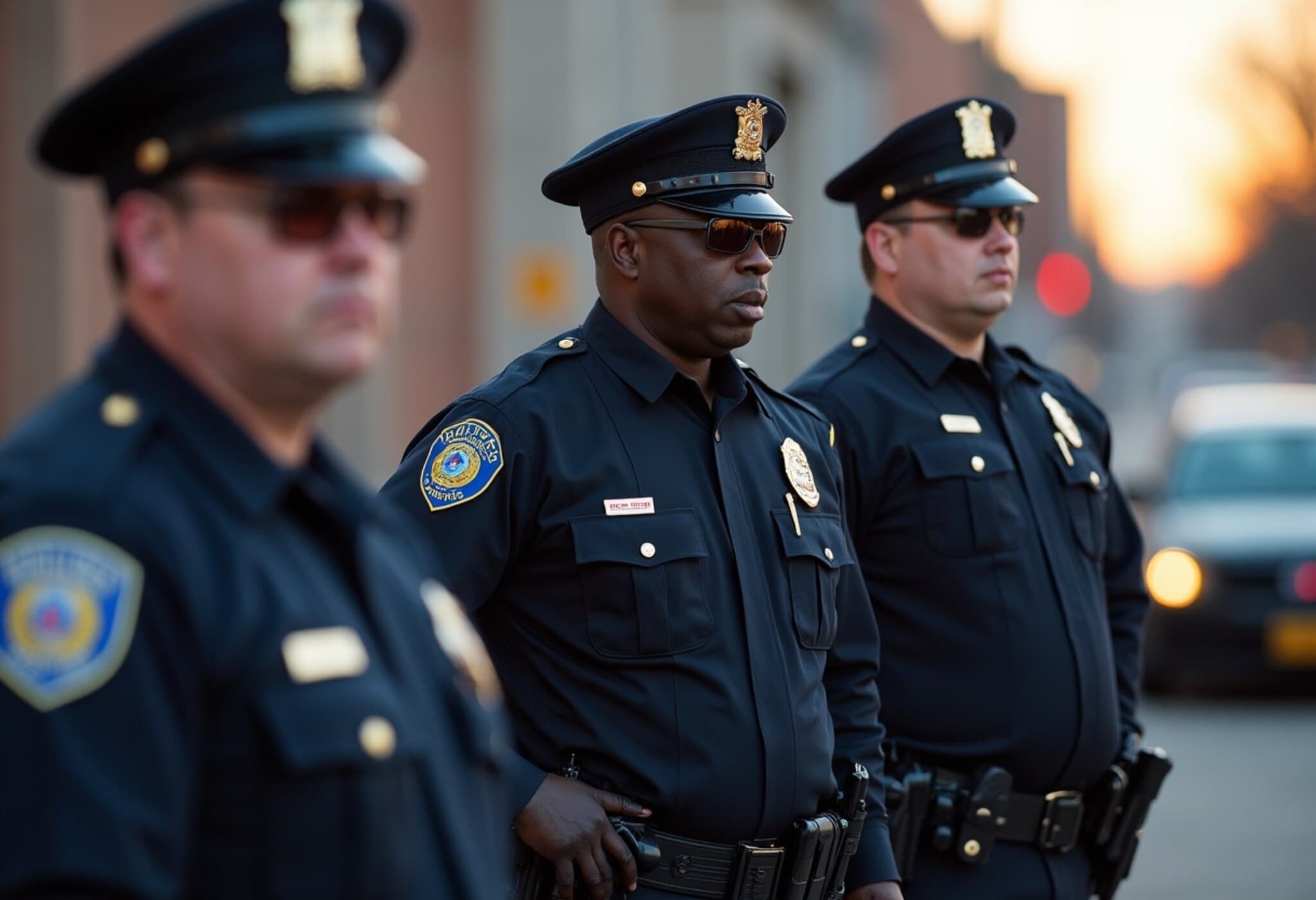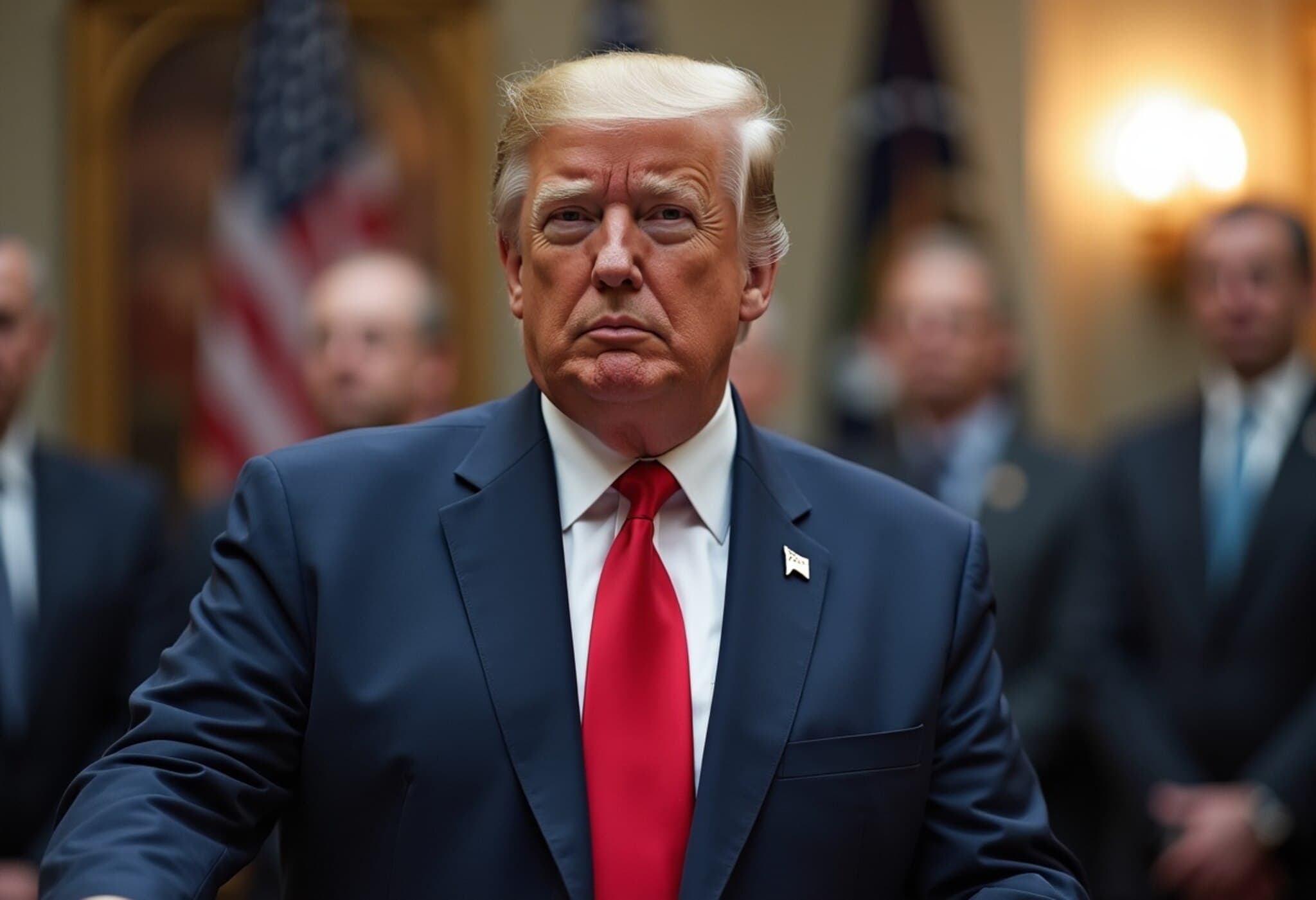Columbia University Agrees to $220 Million Settlement Over Antisemitism Investigations
In a landmark resolution to months of federal scrutiny, Columbia University has agreed to a $220 million settlement with the U.S. government linked to concerns over antisemitism on campus. This settlement comes in the wake of intense attention from the Trump administration concerning the university's response to protests during the Israel-Hamas conflict in late 2023.
Details of the Settlement and Financial Implications
The Ivy League institution will pay $200 million over the next three years to the federal government and an additional $21 million to resolve separate investigations led by the U.S. Equal Employment Opportunity Commission (EEOC). The settlement effectively ends federal probes into the university's handling of antisemitism allegations and research funding controversies.
Background: Campus Tensions Amid International Conflict
During the October 2023 Israel-Hamas war, Columbia University faced mounting criticism over its management of campus protests, with some accusing the administration of allowing antisemitic incidents to go unaddressed. Allegations suggested inadequate action to protect Jewish students and ensure a discrimination-free learning environment, prompting the Trump administration’s intervention and suspension of billions in federal research funding, including the cancellation of over $400 million in grants.
Reforms and Commitments Embedded in the Agreement
University leadership has consented to a series of reforms designed to foster a more inclusive campus atmosphere and uphold academic integrity while safeguarding institutional independence. Key commitments include:
- Adopting a revised, clearer definition of antisemitism aligned with federal standards.
- Overhauling student disciplinary procedures to ensure fair and consistent enforcement related to hate incidents.
- Conducting a comprehensive review of the Middle East studies curriculum to guarantee it is balanced, diverse, and devoid of bias.
- Hiring additional faculty members within the Institute for Israel and Jewish Studies to strengthen academic offerings and dialogue.
- Eliminating programs or policies that lead to unlawful quotas, race-based outcomes, or diversity mandates incompatible with federal law.
University Response and Future Outlook
Interim University President Claire Shipman described the settlement as "an important step forward." She emphasized that the agreement does not imply an admission of wrongdoing but instead solidifies a path toward constructive change while preserving Columbia's academic freedom. Shipman highlighted the restoration of vital federal research partnerships, which she called essential for the university’s mission and national scientific progress.
Contextualizing the Settlement Within Broader Higher Education Challenges
This high-profile case sits at the intersection of free expression, campus safety, and federal oversight—a nexus increasingly contested across American universities. Columbia’s experience underscores the delicate balancing act institutions face in managing diverse political expressions while preventing discrimination and harassment.
Moreover, the financial stakes—for both universities and federal funding bodies—signal heightened governmental willingness to intervene where universities are perceived as failing to meet civil rights obligations. This settlement could serve as a precedent, alerting other academic institutions to the risks of neglecting hate speech and discrimination issues amidst global political crises.
Expert Insight: What This Means Going Forward
From a policy standpoint, Columbia’s case highlights the growing attention federal agencies pay to campus climate and civil rights enforcement. Experts note the broader implications for universities nationwide, especially those grappling with similar tensions around Middle East politics, free speech, and inclusivity.
As higher education faces mounting pressure to reconcile open intellectual discourse with community safety and equity, clear federal guidelines and university transparency will be paramount. The settlement’s emphasis on curricular review and faculty appointments also signals a trend toward reexamining academic content through lenses of balance and representation.
Editor’s Note
The $220 million settlement between Columbia University and the federal government marks a pivotal moment in how American universities navigate allegations of antisemitism amid geopolitical conflicts. While the financial and legal resolution provides immediate closure, it also advances a broader conversation about maintaining respectful campus communities without curtailing academic freedom or political expression. Readers should consider how such institutional reforms might reshape campus culture nationwide, inviting reflection on the interplay between civil rights enforcement and higher education governance.

